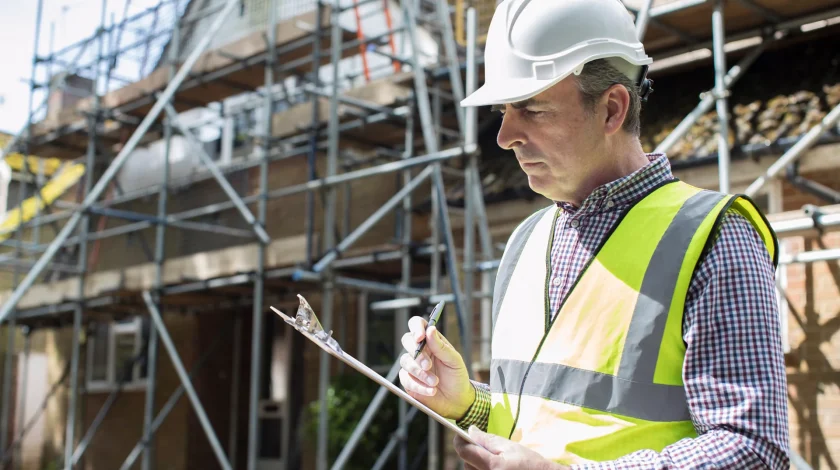In the fourth episode of Coleman Greig’s ‘In Practice’ series, Litigation and Dispute Resolution Principal Lawyer Nick Kallipolitis discuss three key issues that have come about due to recent amendments to the Home Building Act 1989 (NSW):
- The duty of property owners to mitigate;
- The duty of property owners to notify a builder or tradesperson of a breach of a statutory warranty (i.e. a defect); and
- The duty of property owners to allow a builder or tradesperson reasonable access to a property in order for them to rectify a defect.
The end of the recent construction boom in NSW looks to be making way for a rise in disputes relating to defective residential building works which had taken place since 2013 – with many owners looking to mitigate the negative effect of potential building defects on the value of their properties.
Under the Home Building Act, contracts for residential building works between an owner and builder need to include what is known as a ‘Statutory Warranty’, whereby amongst other things, the builder warrants that the works undertaken will be done so with due care and skill, and in accordance with the plans and specifications set out within the contract.
If an owner believes that the Statutory Warranty has been breached, they must commence proceedings for an alleged breach of a Statutory Warranty within 6 years from the date of practical completion for a ‘major defect’, and 2 years for non-major defects.
Please click through to read our latest article, which answers questions, including:
- What is defined as a ‘major defect’ under the Home Building Act?
- What duties do property owners have when replying on a Statutory Warranty?
- What defences do Builders have when responding to claims made by property owners?
Episode 1 – Understanding the Contract: More Bargaining Power for Subcontractors
Episode 2 – Security of Payment Act: Understanding the Fundamentals
Episode 3 – Western Sydney Development with Dr Chyi Lin Lee














